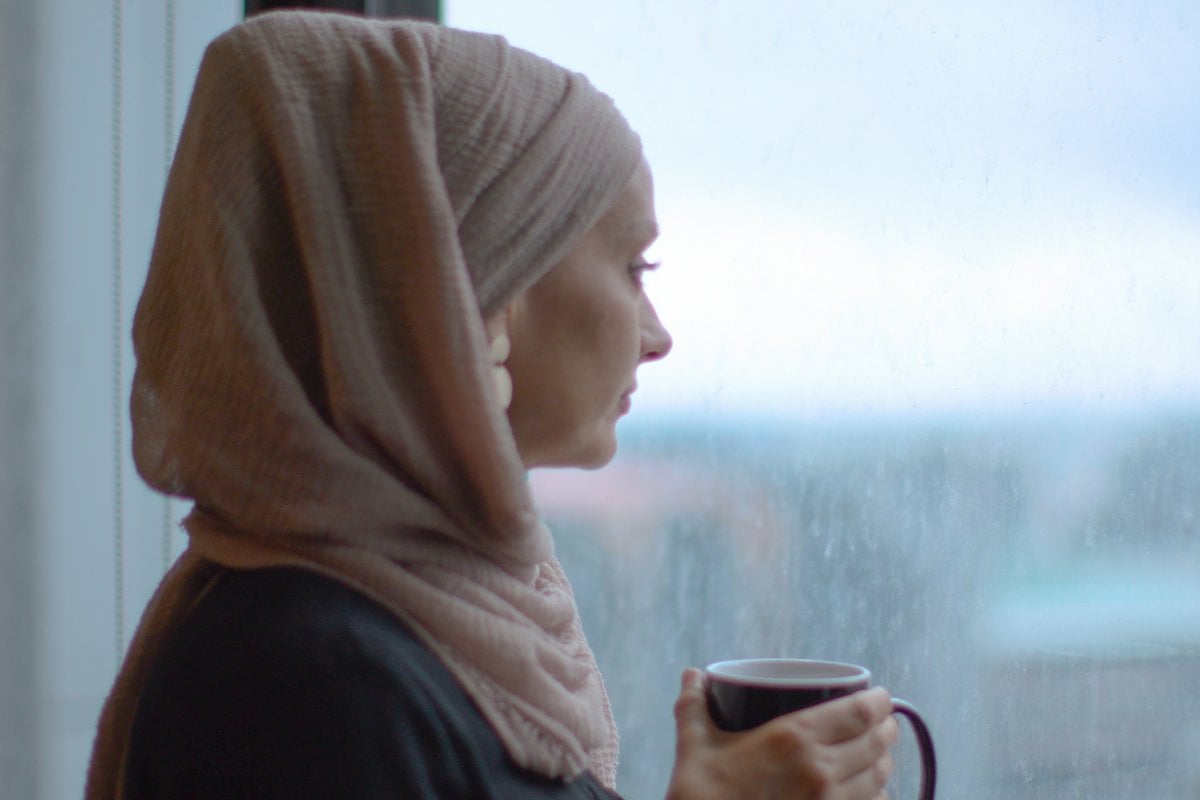
"I applied for a job with two exact same resumés, but changed one with the name Mohamed to an Anglo-Saxon name ... I got a callback and interview with the Anglo-Saxon name ..."
These are the words of a consultation participant interviewed for the Sharing the Stories of Australian Muslims Report 2021 by the Australian Human Rights Commission.
These sentiments along with the countless others documented echo the incidents that have been reported to us at the Islamophobia Register Australia since I founded the organisation in 2014.
Watch the trailer for Amazon Prime's documentary: Unheard. Post continues below.
I remember logging into my emails on a daily basis and seeing a barrage of reports come through. In the case of physical incidents - the vast majority of the victims were women.
Women just like me - who once upon a time, wore a headscarf and were visibly Muslim.
Women who would be the subject of Islamophobic attacks even when they were in crowded places with plenty of people around.
Women who would be targeted even if they were in the presence of their children.
In fact, the most heartbreaking experiences I’d hear about would be from mothers who were particularly concerned about their children witnessing the incidents and not knowing how to process it.


Top Comments